
Israel agricultural Organization Volcani center (3) :
"Black Technology" Enabling the New Era of Agricultural Development
In the previous two articles, we mentioned that the development of agricultural science and technology is inseparable from Israel's ability to overcome the shortage of natural conditions and become an agricultural power.
So how poor is Israel's agricultural endowment?
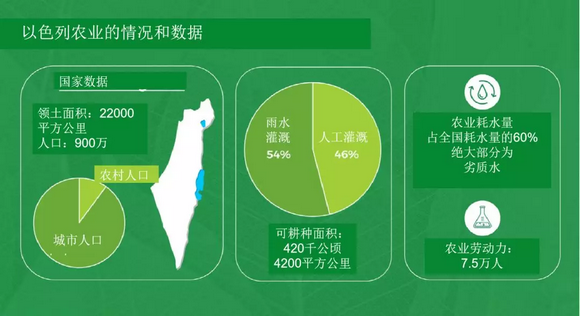
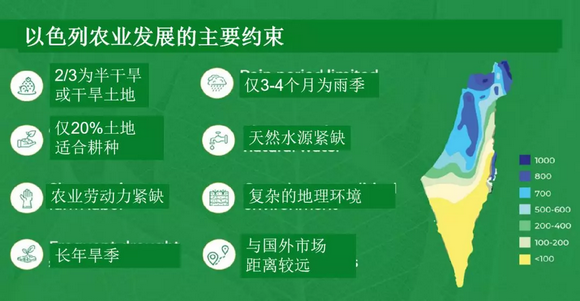
As the world's leading scientific and technological power, Israel is not left behind in scientific and technological research and application in agriculture. Israeli scientists have come up with a solution to each of the inadequacies:
[Distant from the export target country] -- Preservation technology to extend shelf life, food processing technology
Next, we will introduce Volcani's "black tech" in the fields of healthy food, precision agriculture, and agricultural automation/robotics.
Healthy food, food processing
According to statistics, 1% of children and 0.5% of adults in North America and Europe are allergic to peanuts. Between 100 and 200 patients die of peanut allergy each year in the United States. With the widespread consumption of peanut foods, the number of people with peanut allergy is increasing. In some Asian countries and regions, peanut products are also one of the main allergens causing food allergies in children. Allergy researchers at the Chinese academy of medical sciences found that about 4% of patients were allergic to peanuts.
Volcani is working with the Shiba Medical Center and the NRS Agency to develop a natural product for treating and preventing peanut allergies, especially in infants.In 2015, the peanut allergy market was about $4.3 billion. It is expected to reach $11.3 billion by 2025.
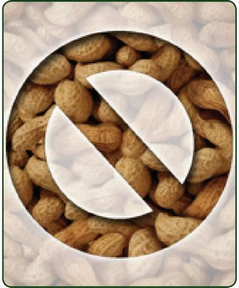

Resveratrol in wine has been proven to be able to protect against cancer and diabetes, as well as promoting heart health.
Now resveratrol is available from other sources besides wine.
The Volcani centre has been able to mass-produce functional foods with the same effect as wine in factories by growing grape tissue with high levels of resveratrol, independent of grape farming and winemaking processes.
One candy has as much resveratrol as a glass of red wine!
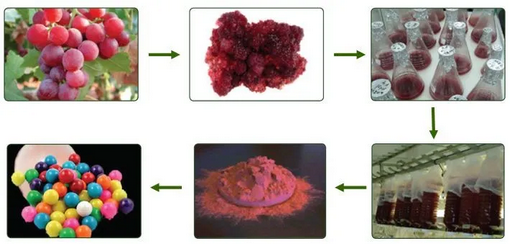
New technology for livestock management
The Volcani Centre is a world leader in research and development of animal foods.Using new technology developed by the Volcani Centre, farms can identify the sex of unborn chicks by scanning their eggs.
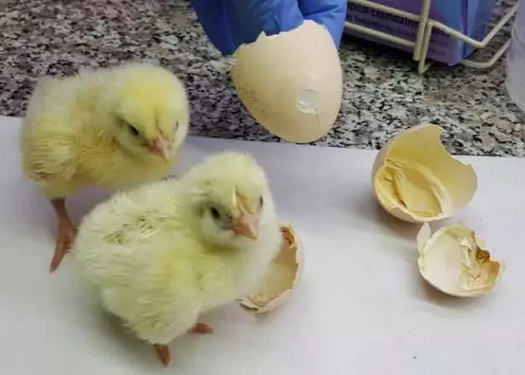
A high-tech livestock monitoring system developed by Volcani is also being used on beef farms in Israel.
The all-weather detection system includes automatic cripple detection, automatic fitness score, automatic early detection of calving, accurate feeding, animal RFID technology to improve feed efficiency, and farm design simulation software, which reduces farm management costs while increasing beef and milk production.

Israeli "high-tech" cows, equipped with five "exercise bracelets" and monitored for vital signs such as fat, protein, blood sugar, weight, feeding, activity, lying time and ruminating time, can produce an average of 14,000kg of milk a year, twice the global average.
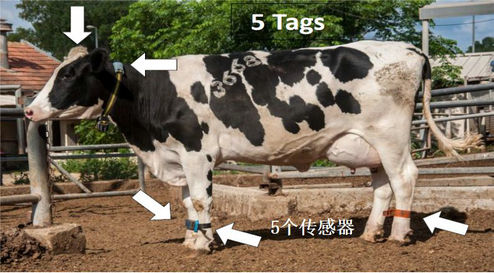
Precision Agriculture
Moreover, Volcani's precision agriculture solutions are among the world's leaders, thanks to technologies such as artificial intelligence and machine vision.
From the establishment of agricultural big data platform, to the large-scale and intensive real-time monitoring and management of crop planting, the analysis and adjustment of agricultural production decisions, and the traceability of agricultural products, there are complete solutions.
Deep learning by feeding single fruit image data, Volcani's AI has been able to predict the output of surveillance images monitored by drones with 4-16% more accuracy than conventional techniques.
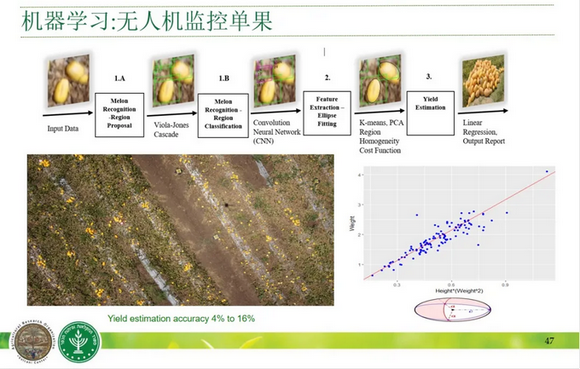
Artificial intelligence can analyze the images of monitoring plantations by unmanned aerial vehicles (UAVS), identify abnormal growth and abnormal degree of cotton planting, and accurately locate abnormal cotton plants.
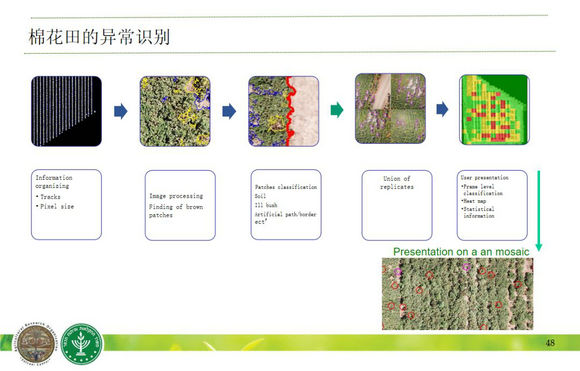
In Volcani's precision agriculture solution, unmanned aerial vehicles use infrared, lidar and other geographic-mapping techniques in addition to visible light. These techniques can be used to monitor orchard irrigation (especially drip irrigation) and to adjust an area at any time.
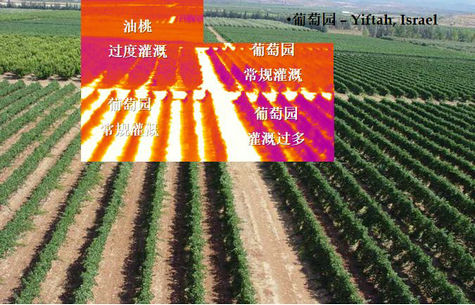
Agricultural robot
In response to the shortage of agricultural labor, Israel has been studying agricultural automation since the 1980s to provide agricultural labor efficiency.
Today, Volcani's agricultural robots and automated equipment are in use for pruning, fruit and vegetable picking, spraying, sorting and even the separation of pomegranate seeds.
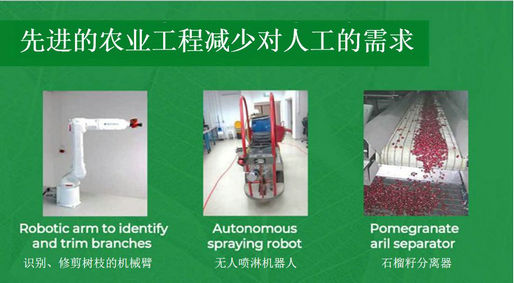
Due to the high demands of working environment, the application of agricultural robots in the world is mainly carried out in the closed environment. For example, in the tomato-growing project of the greenhouse vertical farm, the robot equipped with an infrared camera can walk independently in the greenhouse array and recognize the fruit by itself. After adding a robot arm with different functions, it can perform different operations, such as pruning, spraying and picking.
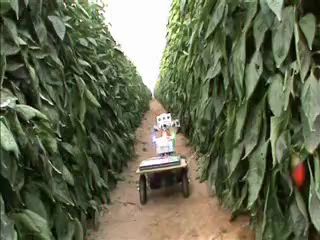
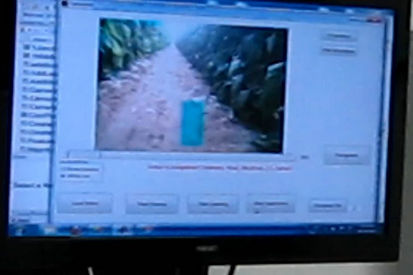
Volcani's innovative techniques of precision agriculture and agricultural automation personalize each plant, increasing the efficiency of irrigation and fertilization, not only increasing yields, but minimizing waste and environmental impacts.
The use of digital means to improve agricultural management is not just a gimmick in marketing and marketing, but an innovation in the whole chain from field to table.
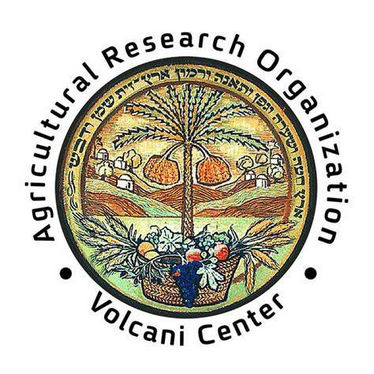
That brings us to the end of our presentation on cutting-edge agricultural technology at the Volcani centre, an Israeli agricultural research and development organisation.